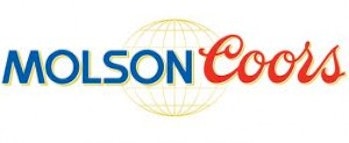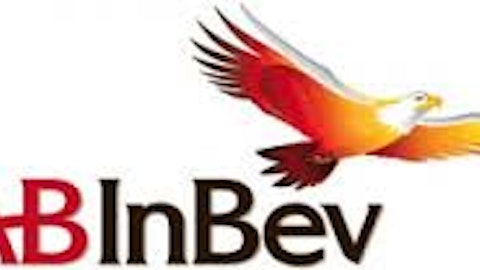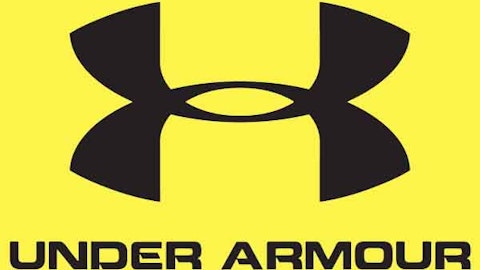Molson Coors Brewing Company (NYSE:TAP) is the largest brewer based in America, ever since the InBev acquisition of Anheuser-Busch InBev NV (NYSE:BUD). Molson Coors has a 30% share of the U.S. market, 40% of Canada, and 19% of the U.K.’s market, making it the fifth largest brewer in the world. The company has traded pretty flat in recent years, and seems to be stuck in a range between about $38 and $50. With the company set to report earnings on Valentine’s Day, investors will be looking for signals that the stock may finally break out of that range.
Profile

The general growth strategy of the company is to expand its brands into new markets. A great example is the results of marketing efforts of Coors Light in Canada, where it now has a 14% market share. Molson Coors continues to try to integrate their brewing processes, which they have been trying to do since their 2005 merger. Once this is fully complete, the company should realize even more cost savings as a direct result of the merger.
The Beer Industry
In the U.S., 79% of the beer market is controlled by the largest two companies, Molson Coors and Anheuser-Busch InBev NV (NYSE:BUD). While successful, other American beer companies like Boston Beer Co Inc (NYSE:SAM) are a distant threat. The general trend in the beer industry has been away from the basic beers (Bud Light, Miller Light, etc.) and towards premium and super-premium beers. I’ll bet that most readers of this article have a “tap room” style place somewhere near their home that sells an absurd number of premium beers, and that has opened in the last five years or so.
This is why the large beer companies have been acquiring smaller, premium brands like my beloved Leinenkugel. With the general trend toward luxury items in the U.S. since 2000 (granite countertops in every home, luxury cars, etc.), it only makes sense for the beverage industry to follow suit. When they company reports, pay attention to sales trends and what the company is doing about them to gain market share.
Valuation
Molson Coors trades for 14.5 times TTM earnings, which are forecast to rise by around 5% annually over the next several years. I personally think that the stock is a bit overpriced right now, with slow growth and about $1 billion in net debt. Unless the company provides new growth plans or a rosier outlook for the next several years, I actually think we’ll see a pullback to the lower end of the trading range mentioned earlier.
Anheuser-Busch InBev trades at 19.2 times earnings, however they are growing more aggressively by far. Consensus estimates call for earnings to rise at a 14.3% average annual rate over the next three years, which more than justifies the higher valuation.
Frequent readers know my “valuation rule” to roughly estimate whether a stock is fairly valued. Take the forward growth rate and double it. This number should be more than the P/E multiple, unless the company has a gigantic cash position or other extenuating issues. Anheuser-Busch Inbev qualifies. Molson Coors, sadly, does not.
Even the Boston Beer Company looks more attractive as an investment. The maker of Sam Adams trades at 31 times earnings, with a 15% forward growth rate and has about $50 million in cash and NO debt whatsoever.
Conclusion
As far as Molson Coors goes, my opinion is to basically “wait and see.” In other words, I need the company to give me a reason to invest in it. Although I believe they make a quality product, I need them to show me signs of growth comparable to their peers, or at least growth at a level that is on par with the valuation.
The article Good Product But An Expensive Stock originally appeared on Fool.com and is written by Matthew Frankel.
Copyright © 1995 – 2013 The Motley Fool, LLC. All rights reserved. The Motley Fool has a disclosure policy.




